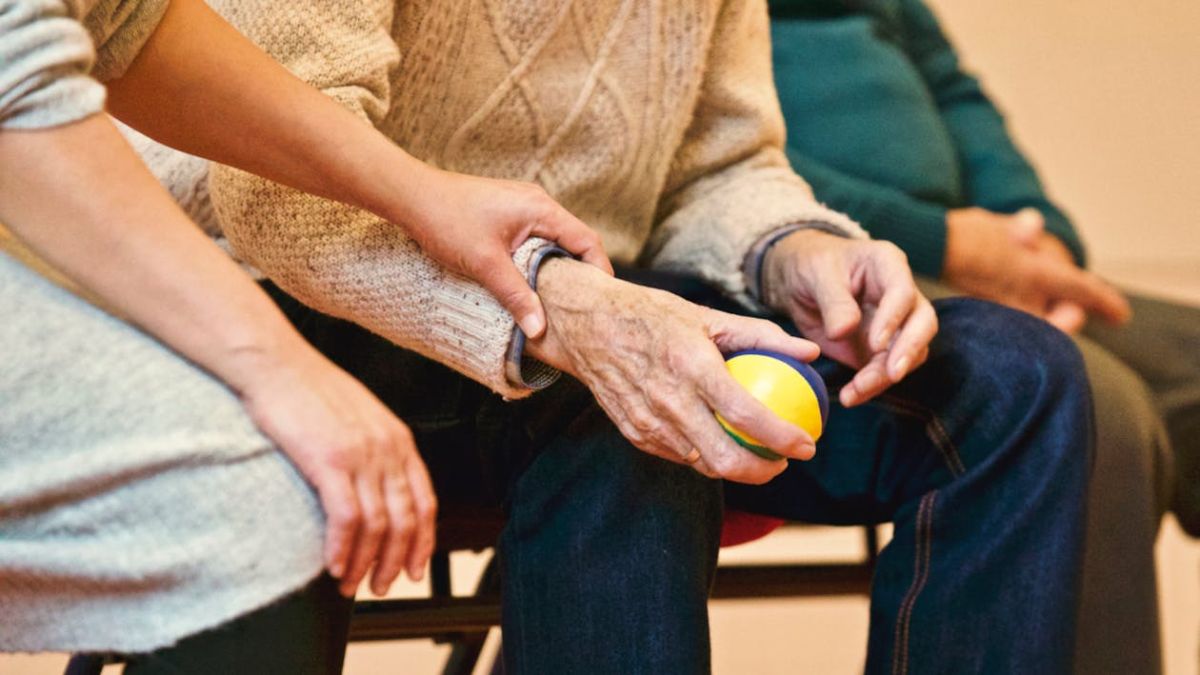Dementia is a disease that affects the brain and its functions. Many times, the person living with dementia will have an understanding that their mind is not “working the way it should.” They feel helpless, frustrated, and angry with their limitations. There is often a lack of awareness of their own physical and mental capabilities. These complex emotions can lead to agitation, anger, and frustration with their caregiver. These feelings can then spill over to verbal and physical aggression if not identified and appropriately managed early on.
These complex emotions can be very upsetting and confusing for the caregiver as well, who only wants to help their loved one. This behavior can feel very personal, but it is essential to remember that it is not and that the disease is affecting their ability to manage their actions and emotions.
Setting up the situation for success starts with the following simple steps.
1. Be mindful of your body language, tone, and words. If you are already feeling stressed and upset yourself, this will often affect them negatively. Keep body language and tone calm, pleasant, and positive. Don’t give orders or speak to them in a condescending tone.
2. Identify yourself each day, possibly at every interaction, depending on the stage of the disease. Please do not assume they know who you are or what your role and intentions are.
3. Explain what the plan is and phrase questions in a way that can guide the outcome you desire. For example, if you want your loved one to take a shower, but they are resistant, instead of asking, “Are you ready to take your shower?” to which they may reply, “No.” Offer a controlled choice. “Hi, mom. I have the bathroom warm and ready for you, would you like to wear your blue robe or the pink one?”
If aggressive behavior persists:
1. Manage the situation by remaining calm. Two upset and frustrated people will only make the situation worse. You are in control of your emotions; they are not. If you control your feelings, they are more likely to follow suit.
2. Try to identify the underlying feelings and emotions contributing to the behavior. For example, it might be too cold in the room, or they may be afraid they will fall in the bathroom. Once you rectify these underlying conditions, their behaviors may diminish.
3. Use techniques like distraction, encouragement, reassurance. Don’t tell them to calm down. Instead, distract them with an activity they enjoy or encourage them to describe a nearby object, etc.
4. Be flexible; if the behavior persists, take a break and re-approach with a new tactic.
5. If physical aggression is escalating, remain safe, and put a fair distance between them and you.
6. Call 911 if the situation escalates, can’t be redirected, and your loved one is at risk of harming themselves or others.
Take into consideration your loved one’s habits and preferences, respect their abilities and strengths. This strategy can lead to a care plan that can be mutually beneficial. With a little patience, empathy, and creative thinking, the conflict and struggle will minimize, and each task can turn into an opportunity for quality time.





